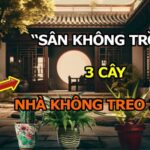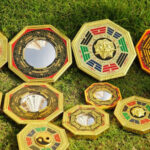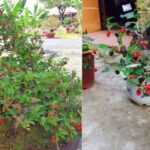Creating a beautiful and vibrant garden can be a rewarding experience, but it’s important to be mindful of certain cultural beliefs and the potential impact of plants on your home’s energy. Some plants are considered “yin” or “negative energy” plants and are believed to bring bad luck or negative influences.
1. Willow Tree
The willow tree is often associated with sadness and farewells, featuring prominently in ancient literature. Its delicate branches swaying in the wind can evoke a sense of melancholy and loneliness. Additionally, the tree’s inability to produce seeds may symbolize a lack of offspring. In Han characters, the word for willow sounds similar to “separation,” further reinforcing its association with parting ways. Planting willow trees in small yards is thought to affect the family’s fortune negatively.
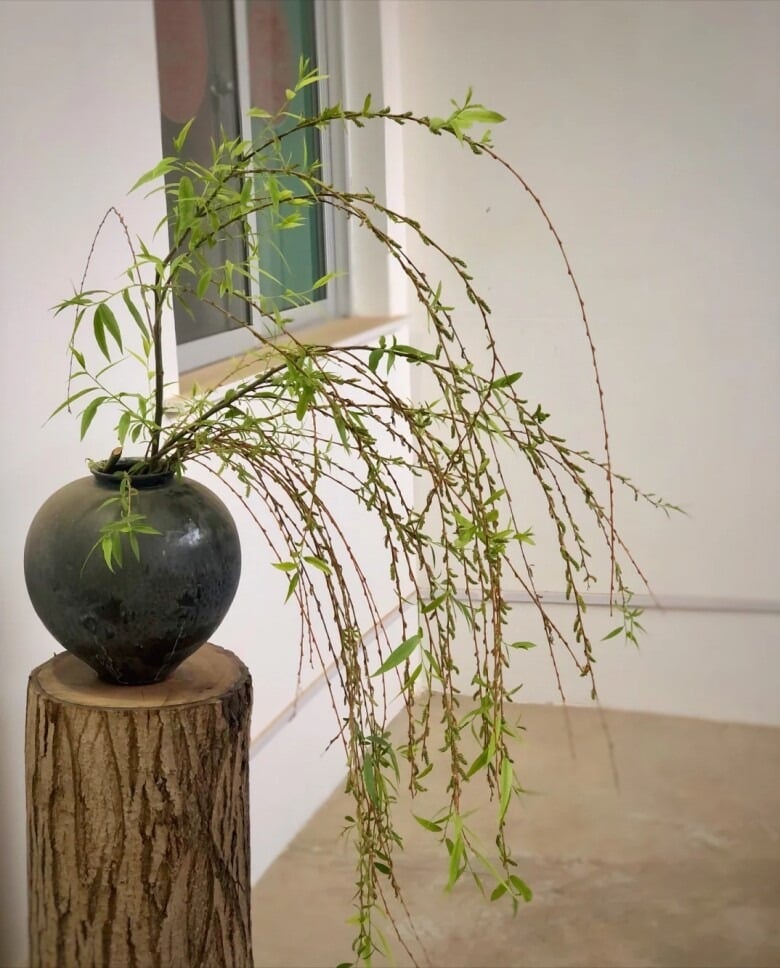
The willow tree is often considered a “yin” plant and is believed to bring negative energy.
Willow trees also have an extensive root system that can invade underground pipes and even affect the foundation of your home. From a feng shui perspective, this characteristic is believed to “draw out” wealth and blessings from the house. For these reasons, many people choose not to plant willow trees, especially in their front yards.
2. Pagoda Tree
The pagoda tree, with its large canopy and dense shade, was once a symbol of power and wealth. In ancient times, three pagoda trees were typically planted outside imperial courts, representing the three highest-ranking officials. However, the same characteristics that made it a symbol of power now contribute to its classification as a “yin” plant. The dense shade it casts blocks out sunlight, which is believed to create an excess of negative energy.
Additionally, the Han character for “pagoda tree” contains the word “ma,” leading to rumors that planting this tree indoors invites spirits. In small yards, the pagoda tree may attract negative entities and cause fear and potential harm to the family.
3. Cypress Tree
The majestic cypress tree is often associated with longevity, patience, and prosperity. However, its common presence in cemeteries gives it a strong “yin” energy. The association with funerals and mourning makes many people hesitant to plant cypress trees in their homes, fearing it may bring bad luck or negative influences.
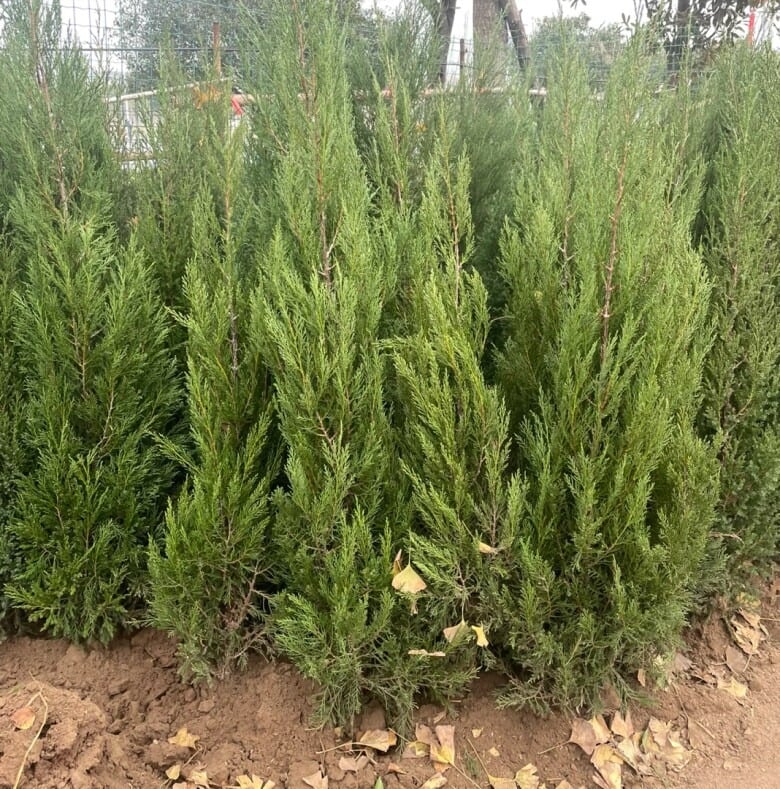
Cypress trees, though symbolic of longevity and prosperity, are often avoided due to their association with cemeteries.
Despite their resilience and pest resistance, the mental connection to graveyards makes many families reluctant to include cypress trees in their living spaces.
4. Mulberry Tree
Mulberry trees, though providing food for silkworms, are not favored in feng shui. The word “mulberry” in Han characters sounds similar to “funeral,” bringing associations with mourning and bad luck. The dense and somewhat gloomy appearance of the tree further reinforces its connection to “yin” energy. Many believe that planting a mulberry tree, especially in the front yard or directly facing the entrance, will bring misfortune to the family.


























